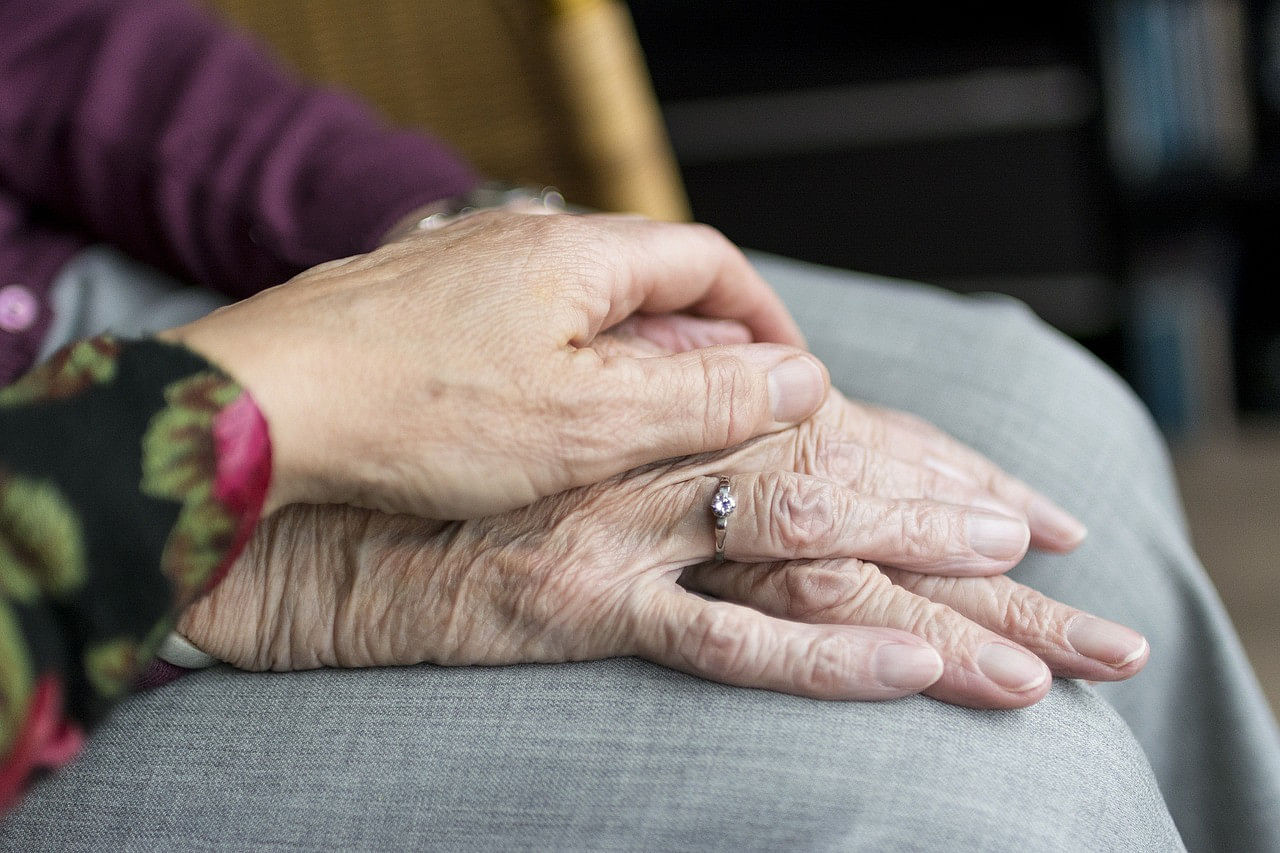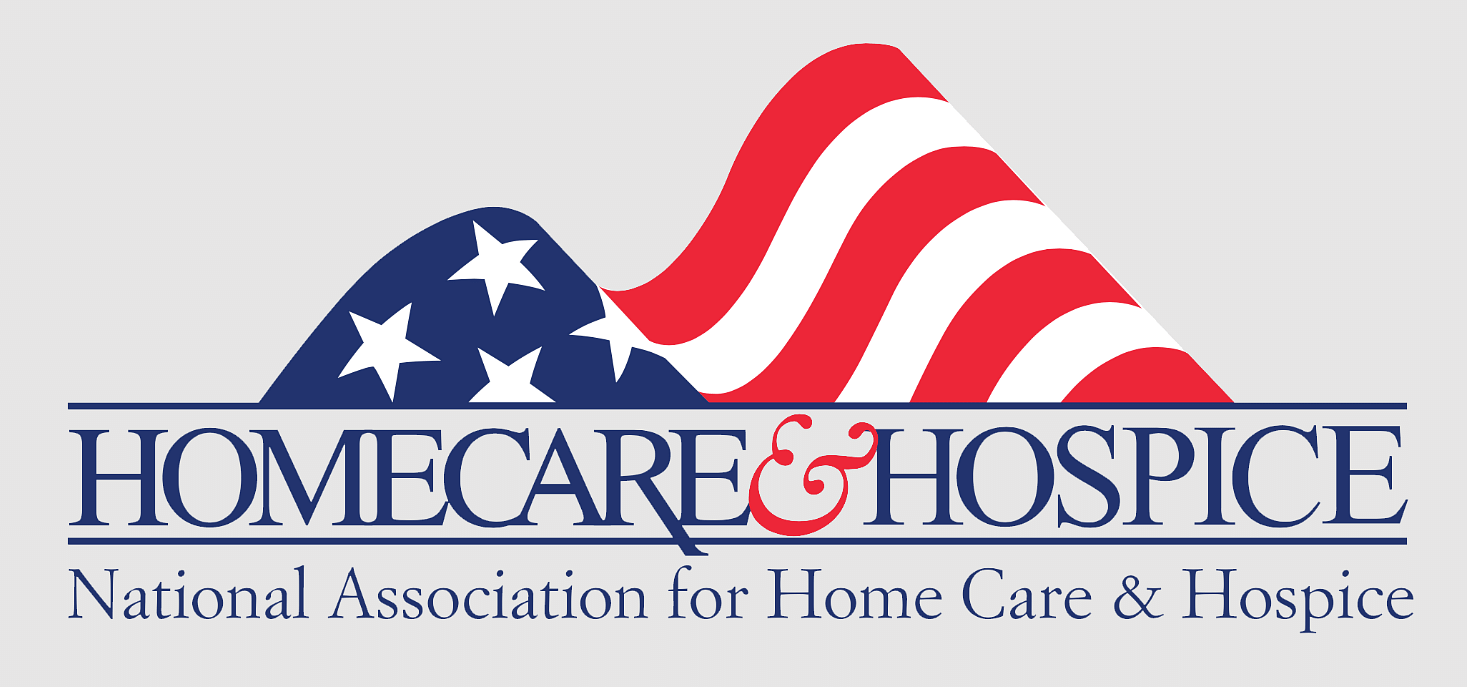We host monthly grief support meetings. Please email us at intakeNM@anvoihealth.com to receive a link to our online Grief Support Gatherings.
24 hour on-call services (translation available)
Hospice Care in
Alamogordo, NM
Over the last several years, there’s been an increasing demand for hospice care at home. Many families are now opting for a way to support their loved ones with dignity and compassion in their final days where everyone is more present and the atmosphere is more familiar. In Alamogordo, neighbors take care of each other. At Anvoi Health, our hospice team is made up of local caregivers who understand the needs of our community, providing comfort, dignity, and heartfelt support to patients and families when it matters most.

HOSPICE CARE
Leading At-Home Hospice Care in Alamogordo for Your Loved Ones
For compassionate, hometown hospice care in New Mexico, families in Alamogordo and nearby communities trust Anvoi. Our local team offers personalized support during life’s most tender moments, helping families navigate this journey with care and dignity. We’re here to offer comfort, guidance, and a reassuring presence every step of the way. Reach out to us by phone or email—we’re always here for our neighbors.
Our Comprehensive
Hospice Services
Hospice Care
Compassionate Local Caregivers
At Anvoi, we’re honored to provide compassionate hospice care to the close-knit community of Alamogordo. Our mission is to enhance the quality of life for every patient by offering personalized support that meets their physical, emotional, and spiritual needs.
Our local, in-home care team works hand-in-hand with patients, families, and medical providers to create care plans tailored to each individual’s unique health journey.
With the gentle guidance of our dedicated nurses, physicians, social workers, and therapists, we focus on managing pain, offering emotional comfort, and providing practical support. Above all, we strive to help patients and their loved ones find peace, dignity, and meaningful moments—right here at home.

Why Opt for In-Home Hospice Care?
Choosing in-home hospice care in Alamogordo means receiving compassionate support right where it matters most—at home. Surrounded by familiar comforts, patients experience greater peace and dignity during their journey. Being close to loved ones provides not only emotional strength but also the opportunity for families to share meaningful moments and create lasting memories.
Our local hospice team—made up of caring neighbors and experienced professionals—offers personalized, around-the-clock support. From managing pain with gentle expertise to providing emotional and spiritual comfort, we are here for you every step of the way. Our goal is simple: to help every patient live with grace, comfort, and dignity, no matter their age or condition.
The Hospice Care Team at Anvoi Health
Hospice care is a team effort, and each member of Anvoi Health's care team works together to provide holistic support. Our hospice care team includes:
Hospice doctors oversee the patient’s medical care, focusing on managing symptoms and ensuring comfort. They work closely with hospice nurses to adjust care plans based on the patient’s evolving needs.
Hospice nurses provide compassionate medical care and emotional support, working with doctors to manage symptoms and ensure patient comfort. They also guide families through the care process and coordinate with the hospice team to meet the patient's needs.
Hospice social workers provide practical and emotional support for patients and their families. They assist with counseling, end-of-life planning, and connecting families with community resources, ensuring that everyone feels supported during the care journey.
Spiritual care is an essential component of hospice care. Hospice chaplains offer non-denominational spiritual guidance and support to patients and their families, respecting individual beliefs and traditions.
Volunteers provide companionship and emotional support to hospice patients, engaging in activities like reading, conversation, or simply being present. Their role is to enhance the patient’s quality of life by providing comfort in non-clinical ways.
Frequently Asked Questions
A growing number of hospice programs have their own hospice facility or have arrangements with nursing homes, hospitals or inpatient residential centers that care for people who cannot be cared for at home. However, the cost to live in these settings may not be fully covered by your insurance, so it is best to find out if insurance covers this type of care before you call hospice.
Every person receiving hospice has access to a registered nurse, social worker, hospice aide, and chaplain (also known as the interdisciplinary team) and volunteers. The hospice team will work with you and your family to create a plan of care that will outline the actions and goals for your hospice care. All visits are based on you and your family’s needs in the care plan and your medical condition during the course of the illness. The frequency of volunteers and spiritual care is often dependent upon request and the availability of these services. Travel requirements and other factors may cause some variation in how many individuals each hospice staff serves.
The hospice team visits on an intermittent basis. This team includes physicians, nurses, social workers, hospice aides, chaplains and other specially trained care providers. The frequency of visits is determined by the patient’s needs. A hospice RN is on call 24 hours a day/7 days a week to answer questions and provide support. After hours visits are made as needed.
As the patient, it is your right, or the right of your decision maker, to determine when hospice care is right for you and which agency you would like to use. Others may recommend agencies for you to consider, but it is up to you to make the final decision. Not all hospice providers are the same, and it is important to receive the care that best fits your desires and needs.
You can stop hospice services at any time and for any reason. You can change your mind and resume aggressive treatment. Then if you wish to return to hospice care later, you can do so as long as you meet the medical hospice admission requirement.
Hospice makes the patient’s quality of life the focal point of care. Hospice professionals are trained to provide care and treatments that lessen the patient’s pain and other symptoms. Hospice strives to decrease the burden of medical treatment when such measures would not improve the patient’s quality of life. For some patients, this may mean decreasing the number of medications taken for chronic conditions.
Receiving hospice does not mean that death is imminent. Studies have shown that patients who elect hospice care earlier often live longer than those who continue to receive curative treatment. Hospice care is designed for patients who have a life expectancy of approximately six months or less. However, as long as the patient continues to meet hospice requirements, they may continue to receive services – even if this is longer than six months.
Urinary tract infections (UTIs) affect the urinary system, affecting the bladder and kidneys. They can be occasional inconveniences or recurrent nightmares. Anvoi provides information on why some individuals face repeated UTIs and how to reduce their frequency and manage symptoms.
Hospice services can be provided to a person who has a life-limiting illness wherever that person lives. This means a person living in a nursing facility or long-term care facility can receive specialized visits from hospice nurses, hospice aides, chaplains, social workers, and volunteers, in addition to other care and services provided by the nursing facility. The hospice and the nursing home will have a written agreement in place in order for the hospice to serve residents of the facility. The Medicare Hospice Benefit will cover the care related to your terminal illness, but it does not cover daily room and board charges of the facility. If you are eligible for Medicaid, Medicaid will cover room and board charges.
Many families wait to call hospice until the final days and weeks of their loved one’s life, not knowing they could have started receiving additional specialized nursing care and medications, medical equipment, and supplies related to their loved one’s terminal illness at no cost much earlier. Hospice care improves the patient’s quality of life by managing pain and other symptoms and improves the family/caregiver’s lives by having someone that they can lean on, seek guidance from and receive much-needed support during this difficult time.
Each person’s end-of-life experience is unique, as it is influenced by such factors as the specific illness, medications being taken, and the person’s overall health. In some cases, these changes may occur over a period of weeks; for others, the process lasts just a few days or hours.
However, a number of end-of-life changes are fairly common, as a person’s bodily functions naturally slow and stop. The following changes are often signs of this process, though not every patient exhibits all of these end-of-life signs.
• Less interest in eating or drinking. The person may only need enough liquid to keep his or her mouth from becoming too dry. How to help: Offer, but don’t force, food, liquids, and medication. In some instances, the person may no longer feel pain he or she had previously felt.
• Not passing fluids regularly. As bodily functions decline and the person eats and drinks less, their output of fluids will also decrease. How to help: Do nothing. However, if the patient is not passing fluids but feels the urge to do so, contact their nurse for advice.
• Speaking and moving less. Activity usually decreases significantly in one’s final days and hours. People may not respond to questions and show little interest in their surroundings.Hospice care may be considered for anyone doctors believe to have a life expectancy of less than six months. Usually at this point, active treatment aimed at recovery stops and hospice care is initiated. Hospice care focuses on producing the best possible quality of life in the patient’s remaining time.
Different diseases and conditions each have their own guidelines for hospice admission. The most common of these diseases or conditions include ALS, cancer, dementia, heart disease, HIV, kidney disease, liver disease, lung disease, Parkinson’s disease, stroke and coma. Sometimes a patient does not “fit” into the guidelines but still has a life expectancy of six months or less and therefore may be eligible for hospice.
In order to be eligible to elect hospice care under Medicare, an individual must be entitled to Part A of Medicare and certified as being terminally ill by a physician and having a prognosis of 6 months or less if the disease runs its normal course.• Medicare covers hospice care costs through the Medicare Hospice Benefit. See Medicare For More Info
• Veterans' Administration (VA) benefits also cover hospice care. See Va.gov For More Info
• The coverage of hospice care by Medicaid is optional and varies by state. See Medicaid For More InfoIn addition to Medicare and Medicaid, most private insurance plans, HMOs, and other managed care organizations recognize the value of hospice care and include hospice coverage in their plans. Additionally, some hospices provide charity care to patients who do not have insurance coverage or the ability to pay for their care.
Hospice redefines hope and helps patients and their families reclaim the spirit of life. Hospice care focuses on improving the patient’s quality of life allowing them to make the most of the time they have.
Palliative care is a specialized approach to medical care that focuses on improving the quality of life for individuals facing serious illnesses, regardless of whether those illnesses are considered curable or not. Learn more about palliative care.
Our Services
What We Provide
We genuinely care for our patients and their families. Each patient receives:
- Care wherever you call home
- Consistent weekly nurse visits
- Respite for caregiver relief
- Crisis care
- A unique personalized plan of care
- Bereavement and emotional support
- Physician oversight
- 24 hour on-call nurse
- Volunteer program
- Medical equipment and supplies
- Medication for pain management and symptom control

Testimonials
What People Are Saying
Our interdisciplinary team of physicians, nurses, social workers, chaplains, volunteers, and other medical professionals are trained to provide physical, emotional, social, and spiritual support to patients and their families. We’ve helped countless individuals through difficult times.
Service Areas Across New Mexico
Our Anvoi Hospice team is proud to serve many beautiful communities across New Mexico. No matter where you live, we are dedicated to bringing our compassionate hospice care to your doorstep. Our service areas include:














